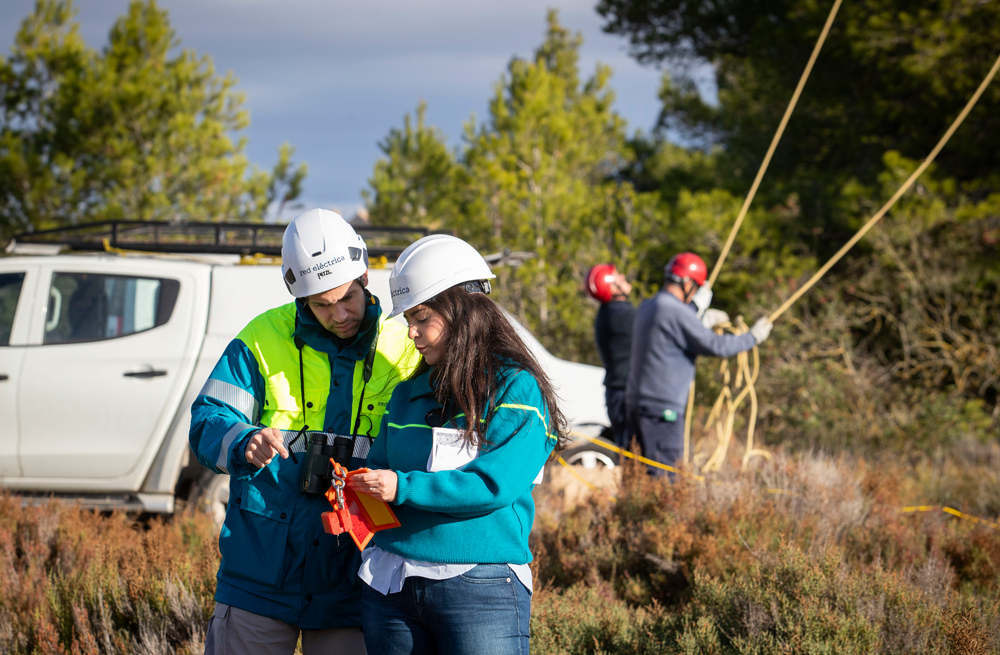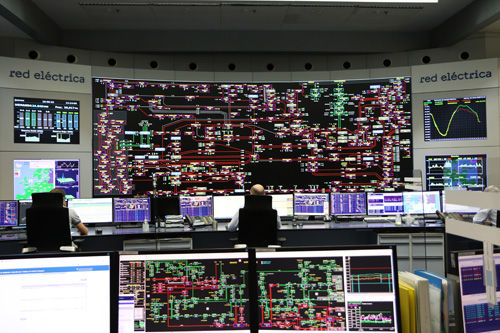For 40 years, we've been driving our country's economic and social progress. Four decades shaping Spain.
Red Eléctrica designs a software solution for the efficient integration of the electric vehicle into the electricity system
The main objective of REE in this project was to achieve a more efficient management of electric vehicle charging, through the definition of an intelligent system that allows full interaction of the vehicle with the electricity grid. As a result, it has developed an innovative software solution that allows a more efficient control of energy demand.
Thanks to this management software, the vehicle can be charged more efficiently thus enabling smart charging to be taken full advantage of, during periods of low electricity consumption (valley periods in the energy demand), whilst guaranteeing the fulfillment of user’s needs.
This system also offers improved capacity for the integration of clean energy when there is a surplus of renewable electricity production which would otherwise be lost, as it cannot be stored.
REE's participation in this project has been an opportunity to study this new type of demand in depth and has allowed the Company to become acquainted with those tools that will, in the future, allow a more efficient management of energy resources whilst ensuring security of supply. Also, amongst the conclusions drawn by REE through its participation in this Cenit Verde project, noteworthy is the flexibility that the efficient integration of a new load, the electric vehicle, provides to the System Operation.
For the last four years, the Cenit Verde Project, carried out with the support of the Ministry of Economy and Competitiveness through the Centre for the Development of Industrial Technology (CDTI), has counted on the participation of some 800 professionals from 16 companies and 14 government bodies. This project had a total budget of 34 million euros.












